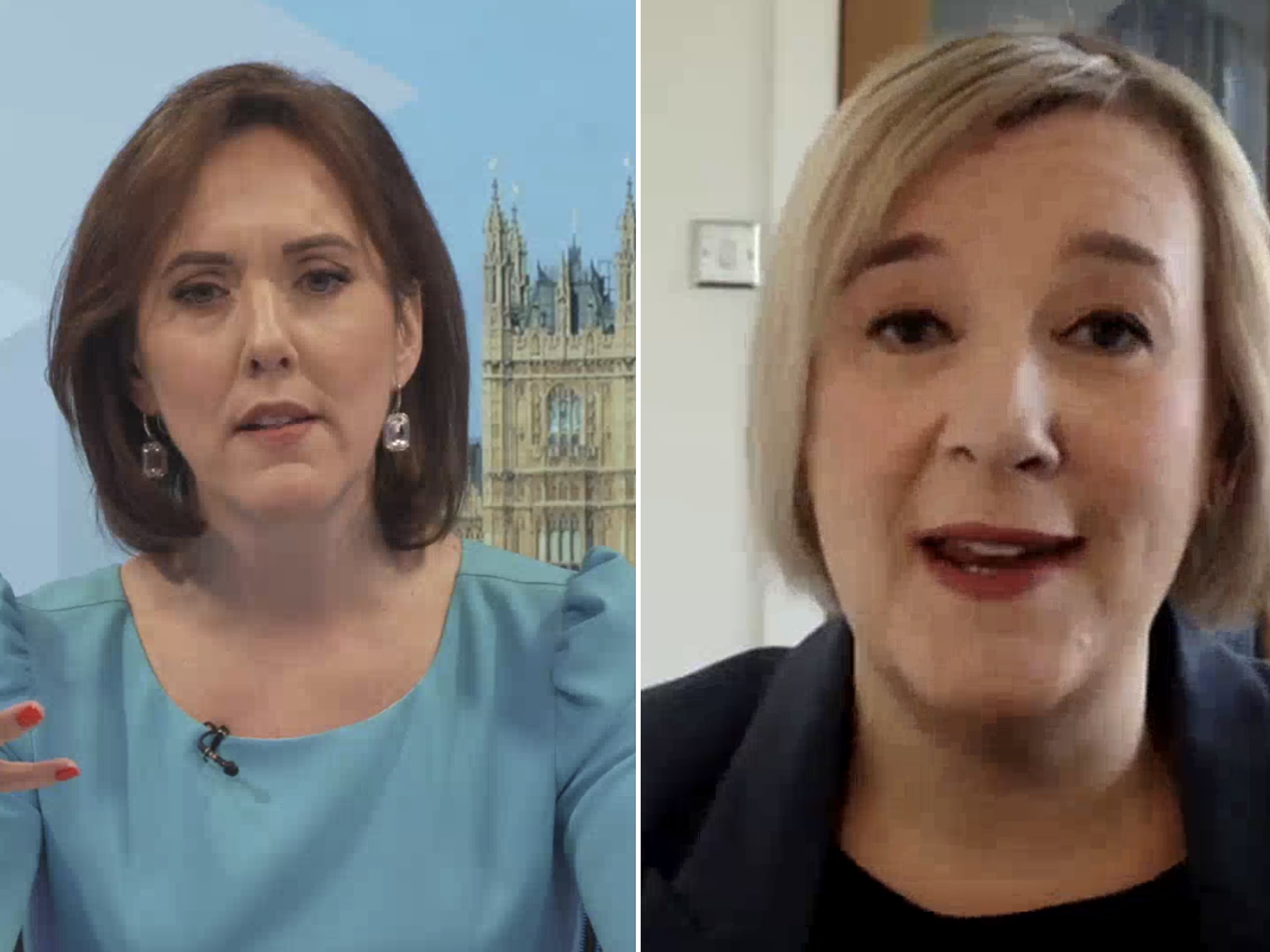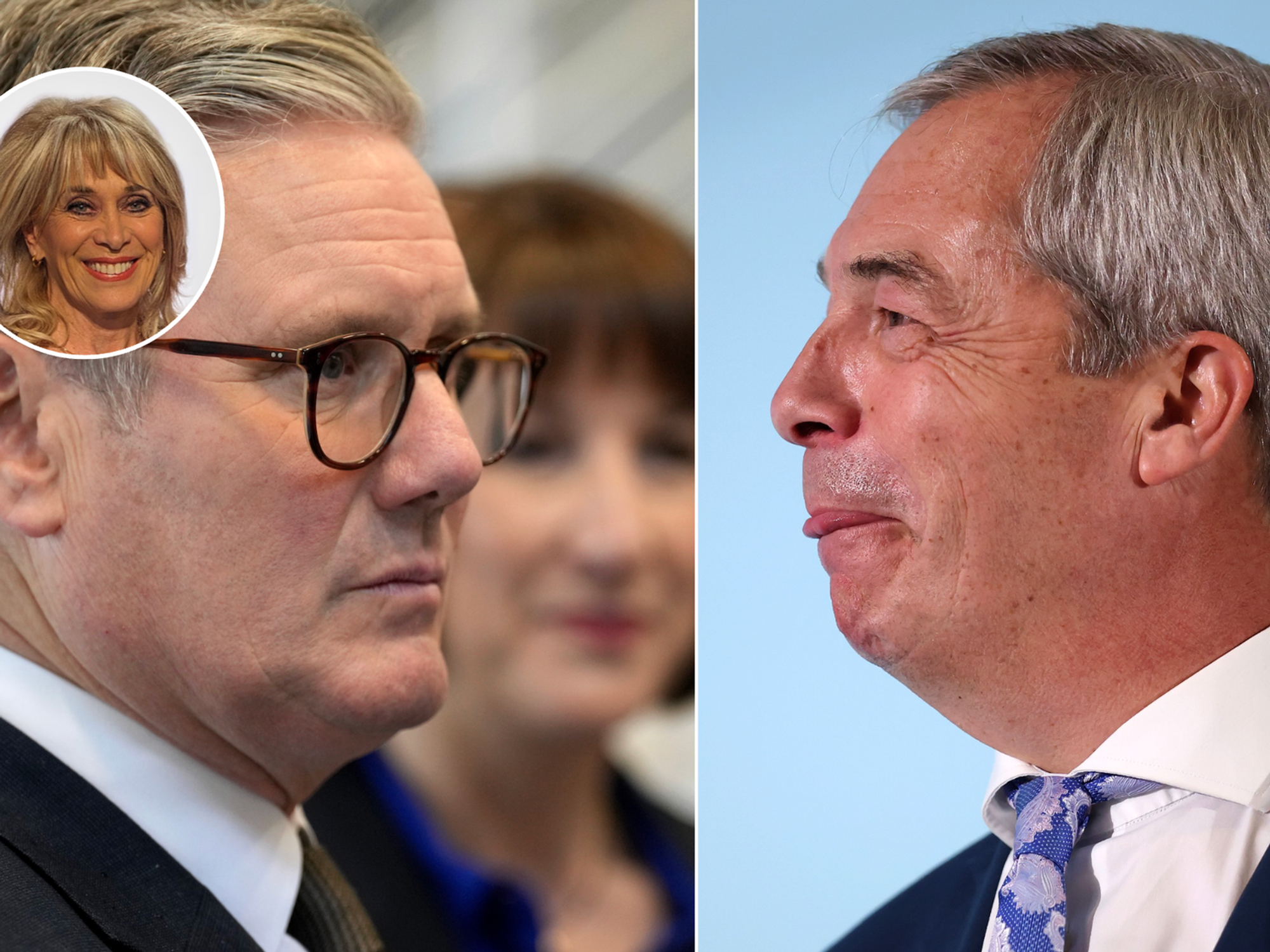Voters have been betrayed on immigration and are right to be FURIOUS - Robert Jenrick

Robert Jenrick has hit out at Britain's failures on migration
|PA
Robert Jenrick has hit out at the Government's failure to deal with immigration in Britain
Don't Miss
Most Read
For nearly 30 years voters have been crying out to be listened to on immigration, only for their views to be ignored by politicians of all stripes.
In fact, the express opposite has happened. In the 25 years before Tony Blair’s election in 1997 net migration was 68,000, but in the 25 years since it was 5.9 million. That’s nearly 100 times greater.
Jenrick's report on how UK can control immigration
I make no bones about it: voters have been misled and betrayed. The British public are right to be furious.
In the year I was Immigration Minister I did everything I could to bring down legal migration numbers to sensible levels. I persistently lobbied the Prime Minister and eventually managed to secure a package to reduce net migration by 300,000. But I viewed that as an important first step, not job done.
Numbers have spiralled to such unprecedented levels that even with those forecasted changes, net migration will remain at roughly 300,000-400,000 a year.
 Migrants being brought ashore in Dover | GETTY
Migrants being brought ashore in Dover | GETTYI considered that to be unacceptably high and knew that risked the Conservatives breaking their manifesto commitment unless further measures were swiftly announced.
When it became clear to me the Government wouldn’t agree to additional reform I resigned - refusing to be yet another politician who broke their promises on immigration.
Now I have left government I am trying to force change from the outside by shaping the debate.
The last remaining argument immigration liberals cling to is that mass migration is great for the economy. It’s a false consensus that needs to be dismantled.
So I’ve written a 100+ page report with Neil O’Brien MP and Karl Williams from the pre-eminent economic think tank, the Centre for Policy Studies, setting out the problem.
The analysis confirms much of what GB news readers have been thinking for some time: the mass, low-wage, low-skilled migration we have experienced has been damaging to living standards.
Since the onset of mass legal migration in 1997, GDP per capita growth has averaged just 1.2 per cent a year, barely half the long-term trend over the preceding half-century.
Correlation is not causation, but if unprecedented migration was rocket fuel for the economy why hasn’t the British economy boomed? Instead we have entered the deepest productivity slowdown in Britain since the onset of the Industrial Revolution 250 years ago.
The slowdown is unsurprising when you consider that of net migration of two million non-EU nationals over the last five years, only 15 per cent came principally to work.
Meanwhile the unplanned and historically unprecedented number of arrivals has placed huge pressure on our infrastructure which simply cannot keep up.
For instance, our housing crisis is increasingly an immigration crisis. We estimate that the housing deficit widened by 1.34 million homes in the decade from 2013, with net migration responsible for 90 per cent of this increase. We’d need to built a house every 5 minutes, night and day, to keep up with the demand from immigration. That’s simply not possible - so rents and prices spiral to unaffordable levels, leaving Brits poorer.
It’s high time we ended this disastrous experiment for good. I’ve outlined 36 policies to fix it and establish the highly controlled, highly selective post-Brexit immigration system voters were promised, most of which could be delivered immediately if there was the political will.
The most important is that we return to the historical norm of net migration in the 10,000 - and, crucially, that this is backed up with a cap which will serve as a democratic lock on numbers.
Until then politicians will never be able to guarantee to voters they will control and reduce migration, and the corrosive cycle of broken promises will continue.
This must be the moment we finally turn the corner.
Robert Jenrick was Immigration Minister from 2022 to 2023 and is Tory MP for Newark










